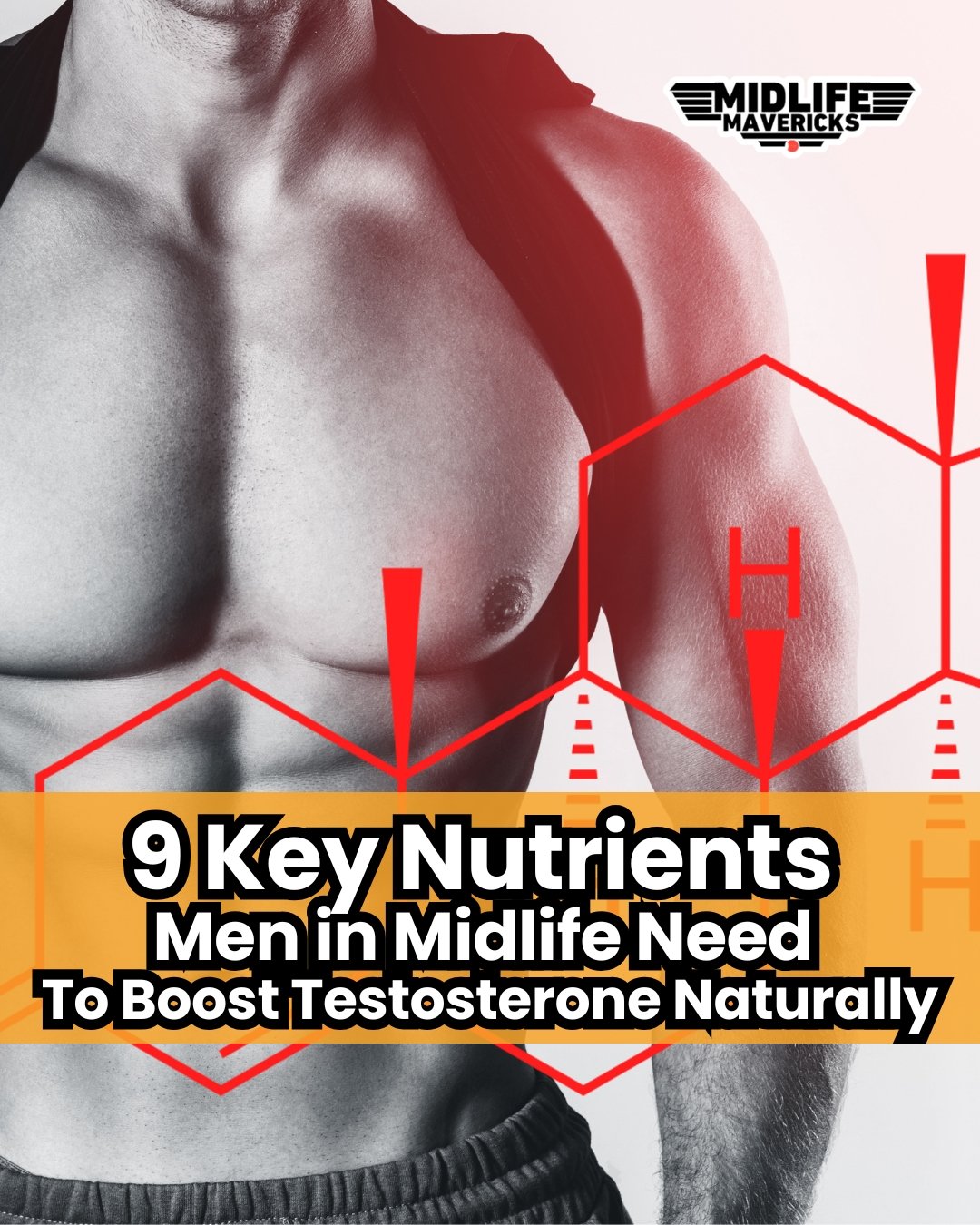
Stronger at 40+. How to Take Back Control of Your Hormones
I used to think feeling tired, losing muscle, or carrying extra belly fat in my 40s and 50s was just “aging.” That it was out of my control. But the more I dug into the science, the more I realised that hormones aren’t fixed by age. They respond to how you train, eat, sleep, and recover. That was a game-changer. It meant decline wasn’t inevitable. It meant I had tools to reset my body and feel strong again.
Here’s how strength training + recovery can reboot your hormonal engine.

The Hidden Dangers of Low-Salt Diets (Especially for Men in Midlife) - PART 7
We’ve hinted that very low salt intake can be harmful, but let’s spell it out clearly. What actually happens to your body when you don’t get enough sodium? This is especially pertinent for men who have dutifully cut out salt for years – you may recognise some of these symptoms in yourself.
Here are 9 key risks and effects of chronic sodium insufficiency or aggressive salt restriction, along with signs to watch for:

My 2025 Functional Blood Work: High-Performer’s Guide to Sex Hormones & Adrenals – Part 5
This week, I’m diving into sex hormones and adrenal function. Interestingly, this category didn’t come back with a scary dysfunction score, it was flagged at around 45% probability. But there were still patterns worth paying attention to. Patterns that a conventional doctor might completely ignore, but functional medicine digs deeper to connect the dots.

The Modern Testosterone Decline: What Every Midlife Man Should Know
Since the 1980s, studies have documented a consistent decline in average testosterone levels among men. One prominent study found that testosterone levels have been decreasing by about 1% per year, independent of aging. This means that a man in his 30s today may have significantly lower testosterone levels compared to a man of the same age in previous decades. [1]
While aging naturally leads to a gradual decrease in testosterone, the accelerated decline observed in recent decades suggests additional contributing factors.
Here are five of the key lifestyle and environmental influences:

9 Key Nutrients Men in Midlife Need to Boost Testosterone Naturally
Testosterone levels in men today are significantly lower than they were 30 years ago. Studies show the average man's testosterone has declined by approximately 20-30%. Why is this happening?
Modern lifestyles, chronic stress, poor sleep, and particularly, the Standard Western Diet (SAD) loaded with ultra-processed foods play a big role. These processed foods are calorie-dense but nutrient-poor, leading to deficiencies that disrupt hormone balance—especially testosterone.
